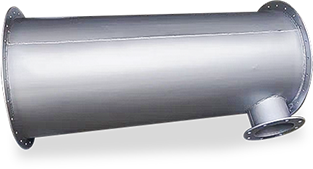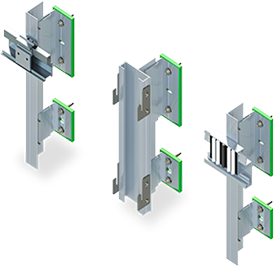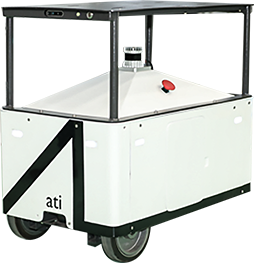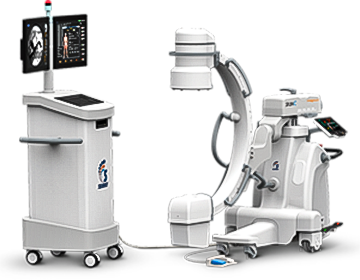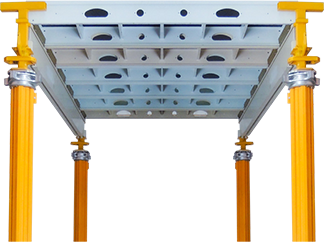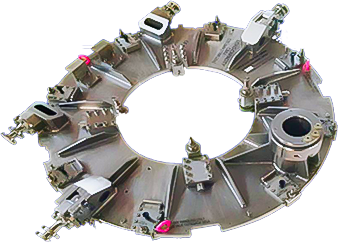Material Description
Titanium is a lustrous, lightweight, and highly corrosion-resistant metal with remarkable technical properties that make it an invaluable material in various industries. It boasts a low density of around 4.5 grams per cubic centimeter, which is approximately 60% that of steel, making it exceptionally lightweight. Despite its lightness, titanium is incredibly strong, boasting a tensile strength similar to that of some high-strength steels, while also exhibiting excellent stiffness. These mechanical attributes, combined with its corrosion resistance, make titanium a prime choice for applications in aerospace, marine, and chemical processing industries. Additionally, it has excellent biocompatibility, making it suitable for medical implants and surgical instruments. In terms of thermal conductivity, titanium falls in the middle range of metals, making it useful in applications requiring heat transfer, and its electrical conductivity is relatively low compared to other metals, though still sufficient for electrical applications.
What sets titanium apart is its outstanding corrosion resistance, particularly in aggressive environments such as seawater and various chemical solutions. This resistance stems from the formation of a stable and protective oxide layer on the metal’s surface, preventing further degradation. Furthermore, titanium is capable of withstanding high temperatures, making it essential in industries that require materials to operate in extreme conditions. It retains its structural integrity at temperatures exceeding 600 degrees Celsius, significantly higher than many other metals. These technical characteristics, combined with its excellent strength-to-weight ratio, make titanium a preferred choice for aircraft components, naval vessels, chemical processing equipment, and even in emerging fields such as 3D printing, where its unique properties enable new design possibilities and lightweight structures.
Grades
Grade 2 & Grade 5 Titanium (Ti-6Al-4V)
Finishing Options
Anodizing, Polishing, PVD Coating, Painting
| Density | Tensile Yield Strength (MPa) | Fatigue Strength (MPa) | Hardness (Brinell) | Thermal Conductivity (W/m-K) | Coeff. of Thermal Expansion (mm/mdeg) | Electrical Resistivity (micro Ohm-cm) |
|---|---|---|---|---|---|---|
| 4500 | 250-900 | 200-400 | 70 - 350 | ~21-23 | 9-9.6 | 43-56 |
Design Recommendation
When designing with titanium, it’s essential to harness its unique properties effectively. Titanium is known for its exceptional strength-to-weight ratio, corrosion resistance, and biocompatibility, making it a favored material in industries ranging from aerospace to medical devices. To maximize its potential, prioritize precision machining techniques and minimize heat-affected zones during fabrication to maintain its mechanical integrity. Additionally, consider its potential for weight reduction in structural applications and its compatibility with aggressive environments. Proper surface treatment and finishing methods should be employed to enhance its aesthetic appeal and ensure long-term durability. Ultimately, a thoughtful and thorough approach to design, along with careful consideration of the specific advantages offered by titanium, can lead to innovative and reliable products.
Cost Saving Tip
Titanium is known for its heat resistance and toughness, making it challenging to machine. Using specialized carbide or ceramic tools designed for titanium alloys is crucial. Efficient chip evacuation systems, along with well-optimized cutting parameters, can reduce tool wear, extend tool life, and ultimately save costs.
